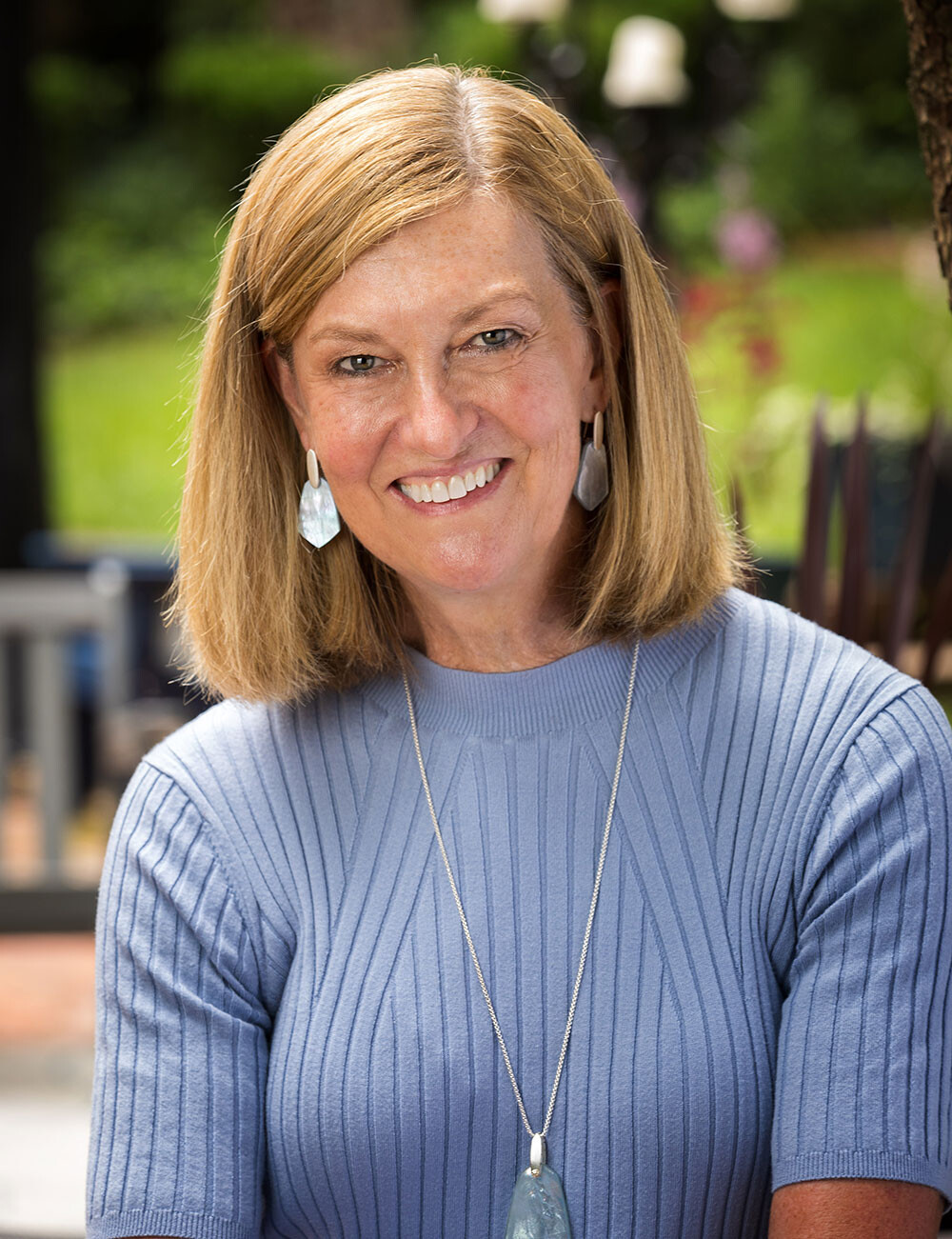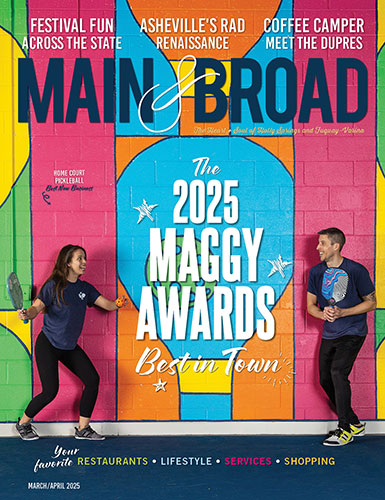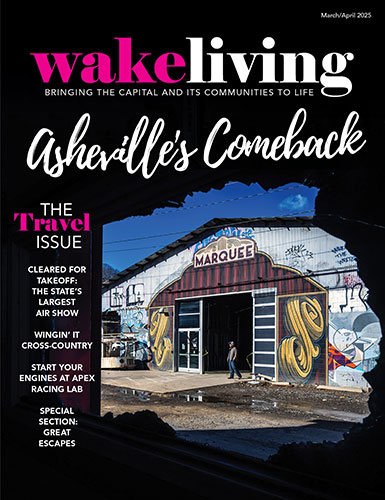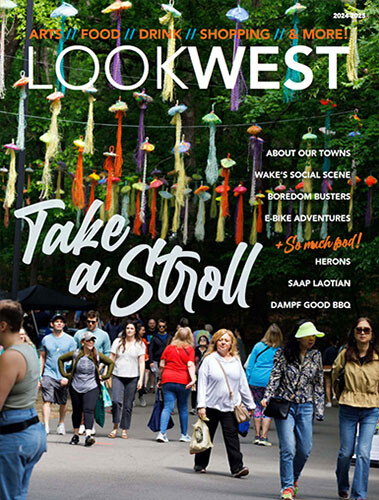In many ways, Sue Harnett has been rewriting her own code for her entire life. Everything she has done has prepared her for this moment in time.
As president and CEO of Rewriting the Code, a global peer-to-peer network of women in tech, Harnett is on a mission to increase their power and presence, and maybe even change the world.
“Young women today are intelligent, smart, driven, bright, fun, and incredible,” she says. “They know what they want and need in their lives and their careers, and if we listen more intently to them, we can empower their dreams and aspirations.”
Harnett founded Rewriting the Code in 2017 and in just seven years has grown the organization into a worldwide women’s movement with 28,000 undergraduate, graduate, and early career members across 110 countries on six continents. The organization serves women from 18 to 30 years old.
While observing the ever-expanding presence of technology in our daily lives, Harnett notes that women’s roles in tech aren’t growing at the same rate.
“About 10 years ago, I was introduced to a group of young college women majoring in computer science and engineering at Duke University, but early into their coursework they changed majors and went in a different direction,” she recalls. “They told me they felt they didn’t belong in tech.”
Harnett knew that feeling well.
Growing up on Staten Island in New York City, she was a standout basketball player in high school and was recruited to play at the top collegiate level at Duke. After completing her education, she went on to play professionally in Belgium.
“I loved everything about playing basketball,” she says. “The sport took me all over the world, and I loved the community it created — not just with the girls on the team but our opponents, too.”
Off the court, she wasn’t as happy.
As a first-generation college student from Staten Island, she felt she didn’t fit in with the socioeconomic and academic status of many students at Duke.
“When I arrived on campus in the mid-1980s, it was like I had landed on Mars,” she says. “I was a good student, but when I went to class, I didn’t feel like I belonged.”
She confided in her teammates, who confessed they felt the same way, convincing Harnett she belonged there and would go on to do great things.
For Harnett, those were magical words, planting a seed that would take root 30 years later when she found herself in front of that small group of Duke students who told her they felt out of place.
Harnett, who has a BA in economics and a master’s in healthcare administration, did not know much about computer science or technology. But she did know the value of community.
“Every time I had a conversation with a young woman from that group who had left her tech major, I connected so deeply, and it was like I was reliving my experience all over again,” she says.
Rather than focusing her efforts solely on Duke students, she proposed creating a program that would build communities for women in tech at the national level.
“We started with 120 students that first summer,” she says.
Harnett cites the lack of female role models as one of the factors that cause young women to feel discouraged from pursuing careers in tech.
In addition, internships are hard to navigate, coding challenges and technical interviews are intimidating, and graduating students are often expected to perform tasks they were not taught in college.
Rewriting the Code helps bridge that gap, recruiting business partners willing to offer internships and mentors along with hosting workshops and networking events.
“We serve as the interface between students and tech companies,” Harnett says. “We are involved with recruiting efforts and helping participants build relationships with corporate representatives and with each other through internships and mentoring programs.”
Thousands of women participate in summer internships all over the world, visiting Rewriting the Code partner companies to meet professionals, network with each other, and share their experiences.
“We want to expose our members to a variety of corporate cultures and help participating companies understand how to recruit and retain women and create an inclusive workplace,” she says.
Since its inception, Rewriting the Code has experienced near meteoric growth, adding 160 new members a week.
“We opened an office in London last year and have over 2,500 members there,” she says. “There is a thirst for community support among women in tech, and we’ve created a successful model for that.”
Rewriting the Code is free to members, funded by corporate sponsorships and nonprofits, with support coming from philanthropic organizations interested in career equity for women.
“Melinda Gates has been incredibly generous to our organization through Pivotal Ventures, her private foundation,” Harnett says. “On the corporate side, we are providing an unbelievable talent pipeline for many companies.”
As the program’s architect, Harnett has discovered a few things about herself.
“I have learned the importance of community in my life,” she says. “As women, we must help each other, lift each other up, and inspire each other.”
She is also creating a legacy for those who follow in her footsteps.
“We are rewriting the code for today’s young women in tech and for those that are coming behind us.
- Women of Western Wake: Annette Hibbert Stevenson
- Meet Cary Magazine’s 2024 Women of Western Wake
- Women of Western Wake: Sue Harnett
- Women of Western Wake: Katie Gailes
- Women of Western Wake: Elaine Buxton
- Women of Western Wake: Dr. Joy Allen
- Behind the Seams
- Garden Adventurer: Peony Patience
- Liquid Assets: Pub Ale
- Liquid Assets: Your Favorite Scarf
- Restaurant Profile: Myra Café
- Nonprofit Spotlight: Thrift2Gift
- Small Business Spotlight: Spavia Day Spa MacGregor Village
- Creative Awakenings
- On Trend: The Sandwich Method
- Things to Do: September 2024






